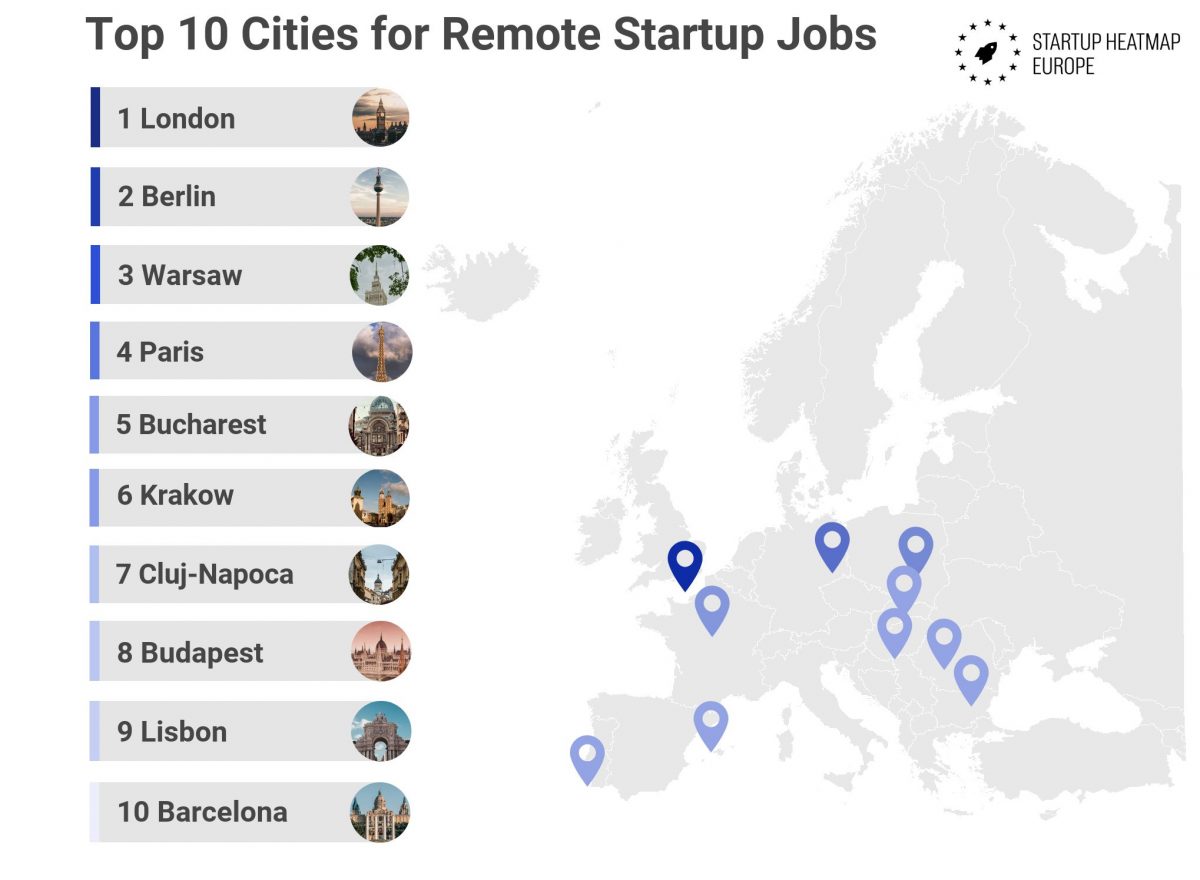Best European Cities for Remote Workers 2025: Your Ultimate Guide
So, you’re dreaming of ditching the daily commute and embracing the digital nomad life? Europe, with its rich history, stunning landscapes, and diverse cultures, is a prime destination for remote workers. But with so many incredible cities to choose from, how do you narrow down the best options for you? This comprehensive guide will help you navigate the exciting world of remote work in Europe, focusing on the top contenders for 2025 and beyond. We’ll look at everything from cost of living and internet speed to cultural attractions and overall quality of life. Get ready to pack your bags!
I. Cost of Living and Digital Infrastructure: Finding Your Sweet Spot
Let’s face it, one of the biggest factors when choosing a city for remote work is the cost of living. You need a city that offers a good balance between affordability and a high quality of life. Luckily, Europe offers a wide variety of options, from budget-friendly gems to more upscale metropolitan areas. What’s your ideal balance?
We need to consider two key aspects: the cost of living and the digital infrastructure. No point having a cheap apartment if your internet connection is slower than a snail!
| City | Average Monthly Rent (1-bedroom) | Average Monthly Groceries | Internet Speed (Mbps) | Cost of Living Index (Global Average = 100) |
|---|---|---|---|---|
| Lisbon, Portugal | $800 – $1200 | $300 – $500 | 100+ | 65 |
| Valencia, Spain | $700 – $1000 | $250 – $400 | 80+ | 60 |
| Budapest, Hungary | $500 – $800 | $200 – $350 | 70+ | 50 |
| Prague, Czech Republic | $750 – $1100 | $250 – $400 | 90+ | 68 |
| Berlin, Germany | $1000 – $1500 | $350 – $600 | 100+ | 75 |
As you can see, cities like Budapest and Valencia offer a lower cost of living compared to Berlin or Prague, while maintaining decent internet speeds. However, the “best” city will depend on your individual budget and needs. Remember to factor in transportation costs, entertainment, and healthcare expenses when calculating your overall budget. Are you okay with a slightly smaller apartment in exchange for faster internet? This is the kind of trade-off you’ll be making.
For many best European cities for remote workers 2025, affordable co-working spaces are also available, offering a productive environment and opportunities for networking. Don’t underestimate the value of community when working remotely!
II. Culture, Community, and Lifestyle: More Than Just a Workspace
Finding a city with a thriving expat community can greatly enhance your remote work experience. Imagine having easy access to social events, language exchange groups, and other activities that help you integrate into your new surroundings. Plus, it’s always nice to have a support network when you’re far from home.
Consider these factors:
- Cultural richness
- Outdoor activities
- Ease of transportation
- Expat community
Let’s look at some examples. Lisbon boasts a vibrant culture, delicious food, and sunny weather, all contributing to a relaxed yet exciting lifestyle. Berlin, on the other hand, offers a more alternative and edgy scene with thriving arts and music communities. Budapest offers a blend of history, thermal baths, and a growing startup scene. Each city has its unique charm and appeal, so the “best” choice depends on your personal preferences.
III. Visa Requirements and Practicalities: Navigating the Legal Landscape
Before you pack your bags, it’s crucial to research visa requirements for remote workers in your chosen European city. The rules and regulations can vary significantly from country to country, so it’s essential to do your homework. Some countries have specific visa programs for digital nomads or remote workers, while others may require you to obtain a different type of visa.
Some things to research:
- Visa requirements
- Healthcare
- Taxes
- Banking
- Language
This might seem daunting, but many resources are available online to help you navigate these aspects. Government websites, expat forums, and immigration lawyers can provide invaluable information.
IV. The Best European Cities for Remote Workers 2025: A Final Verdict (Or Is It?)
So, which city takes the crown for the best European cities for remote workers 2025? There’s no single answer, as the “best” city depends on your individual needs and preferences. However, several cities consistently rank highly among remote workers:
- Lisbon, Portugal
- Valencia, Spain
- Budapest, Hungary
- Prague, Czech Republic
- Berlin, Germany
Ultimately, the best way to choose is to do your research based on your own priorities. What are your must-haves? What are you willing to compromise on? Consider factors like cost of living, internet speed, cultural attractions, and visa requirements. Don’t hesitate to visit potential cities for a few days to get a feel for the local culture and environment.
Happy travels, and happy remote working!
